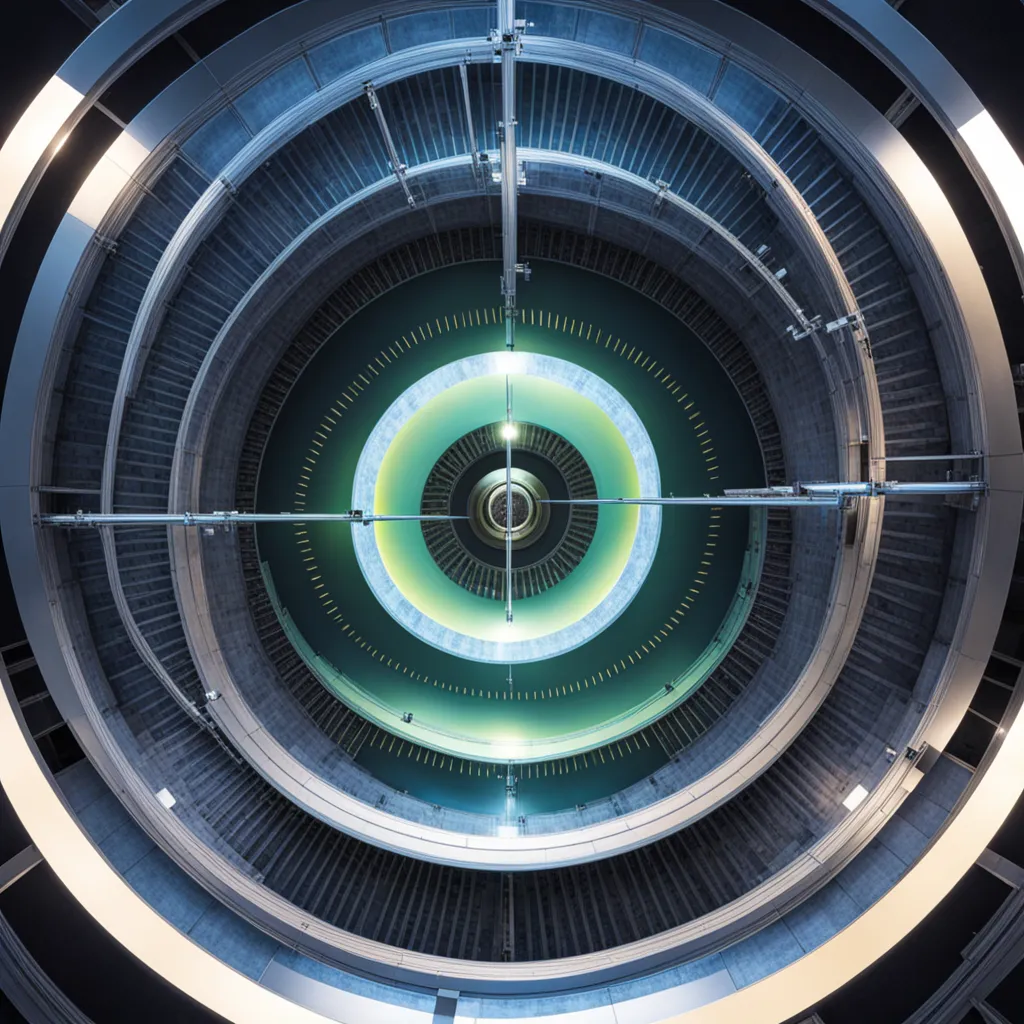First Successful Time Dilation Experiment Conducted
Time travel has long been a staple of science fiction, capturing the imagination of many. From H.G. Wells' "The Time Machine" to the cult classic film "Back to the Future," the concept of traveling through time has fascinated generations. While we may not yet be zipping around in DeLoreans, recent groundbreaking experiments have brought us one step closer to understanding the intricate workings of time itself.

The Fascination with Time
My Brush with Time
Time has always intrigued me. It's a concept that we're all intimately familiar with, yet it remains enigmatic and elusive. I remember a conversation with my grandfather when I was a child. He would often say, "Time flies," and I could never quite grasp the idea. It felt like time moved slowly, especially when waiting for something exciting.
Time as a Scientific Puzzle
As I grew older, I realized that time was more than just a subjective experience. It's a fundamental aspect of the universe, deeply intertwined with the fabric of space. Scientists have long sought to unravel the mysteries of time, and their efforts have led to groundbreaking discoveries.
The Theory of Relativity
Einstein's Insight
Albert Einstein, one of the most brilliant minds in history, revolutionized our understanding of time with his theory of relativity. This groundbreaking theory, published in the early 20th century, proposed that time was not a constant but a variable influenced by gravity and motion.
My Einstein Moment
I distinctly remember the moment I first read about Einstein's theory of relativity. It felt like a puzzle piece clicking into place. Suddenly, the idea that time could slow down or speed up depending on where you were and how fast you were moving made sense. It was a revelation that reshaped my perspective on the universe.
Time Dilation Explained
The Twin Paradox
One of the most famous consequences of Einstein's theory is the twin paradox. Imagine two identical twins, one who stays on Earth while the other embarks on a journey through space at nearly the speed of light. When the spacefaring twin returns, they find that their twin who remained on Earth has aged more.
An Earthbound Experiment
In a remarkable turn of events, scientists recently conducted an experiment right here on Earth to demonstrate time dilation. They used two incredibly precise atomic clocks, one placed on an aircraft and the other kept stationary on the ground. After the aircraft completed a series of high-speed flights, the clocks were compared, and the results were nothing short of astonishing.
The Results
Time Travel Achieved
The experiment confirmed that time dilation is not just a theoretical concept; it's a real phenomenon that can be observed. The atomic clock on the aircraft, due to its high-speed motion relative to the stationary clock, registered slightly slower time. In essence, the aircraft-aged just a fraction of a second less than the clock on the ground. While this may seem minuscule, it's a monumental achievement in the realm of physics.
Implications for the Future
The successful time dilation experiment has profound implications for our understanding of the universe. It opens up possibilities for future space travel, where astronauts traveling at relativistic speeds may experience time differently than those on Earth. It's a concept that may one day lead to the exploration of distant stars and galaxies.
The Essence of Time
Philosophical Reflection
As I reflect on this scientific milestone, I'm reminded of the philosophical ponderings of time. Time, as Einstein's theory shows, is not an immutable river but a flexible current influenced by the forces of the cosmos. It's a reminder that the universe is full of wonders, and our quest to understand it is an unending journey.
The
In conclusion, the first successful time dilation experiment brings us closer to unraveling the mysteries of time, an age-old enigma that has captivated the human imagination for centuries. While we may not be planning trips to the past or future just yet, this achievement is a testament to the boundless curiosity and ingenuity of humanity. Who knows what other time-bending discoveries lie ahead in the ever-evolving tapestry of science?

No comments:
Post a Comment